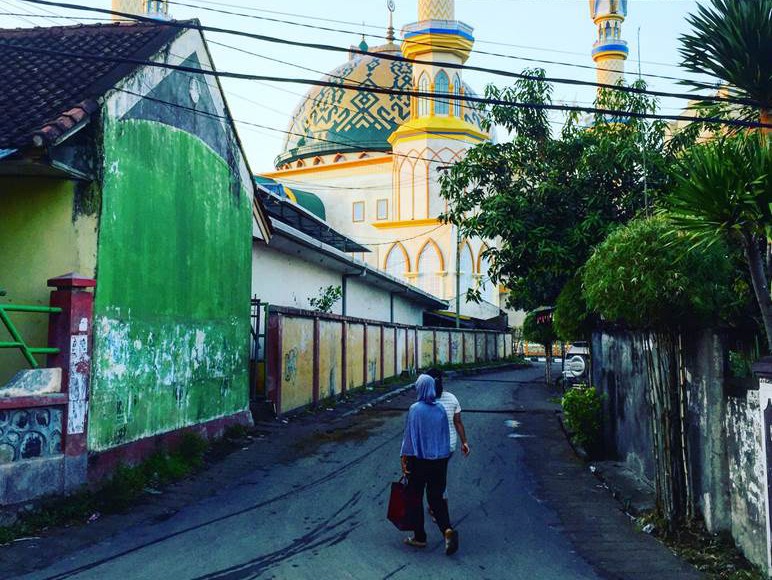Popular Reads
Top Results
Can't find what you're looking for?
View all search resultsPopular Reads
Top Results
Can't find what you're looking for?
View all search resultsElectricity privatization regulation introduced to boost rural access
Change text size
Gift Premium Articles
to Anyone
 Only 72 percent of Lombok’s 3.2 million residents in West Nusa Tenggara have electricity. The island has a string of high-end beach resorts that overlook its pristine, coral-strewn beaches. But the interior is largely rural, quilted with rice paddies, peanut fields and coconut palm groves. (GE Reports/Tomas Kelner)
Only 72 percent of Lombok’s 3.2 million residents in West Nusa Tenggara have electricity. The island has a string of high-end beach resorts that overlook its pristine, coral-strewn beaches. But the interior is largely rural, quilted with rice paddies, peanut fields and coconut palm groves. (GE Reports/Tomas Kelner)
T
he Energy and Mineral Resources Ministry has officially launched a ministerial decree, which allows private companies to develop their own electricity grids that are separate from state-owned electricity firm PLN.
On Monday, Energy and Mineral Resources Deputy Minister Arcandra Tahar introduced Ministerial Decree No. 38/2016 that was aimed to help expedite electricity development in 2,500 remote villages across the nation.
"This is an innovation from the government to provide a legal basis that will allow for fairer energy procurement and to increase the ratio of villages with electricity in Indonesia, which has only reached 96.95 percent out of a total 83,190 villages," he said at the ministry’s Electricity Directorate General headquarters in Jakarta.
According to data from the Central Statistics Agency (BPS), there are still 2,519 villages that had no electricity in 2014. Furthermore, PLN's plans until 2019 only covers 504 villages to be lit up through village electricity procurement projects.
The latest ministerial decree will allow private companies, provincial administration-owned companies and cooperatives to set up off-grid power plant projects in remote villages, 2,376 of which are located in Papua and West Papua.
Private investors must focus on procuring electricity through a hybrid-power system, supported by both renewable energy sources and conventional fossil fuels.
A hybrid-power system combines two or more modes of electricity production, usually involving at least one renewable energy source to ensure the villages can maintain power 24 hours a day. (bbn)









